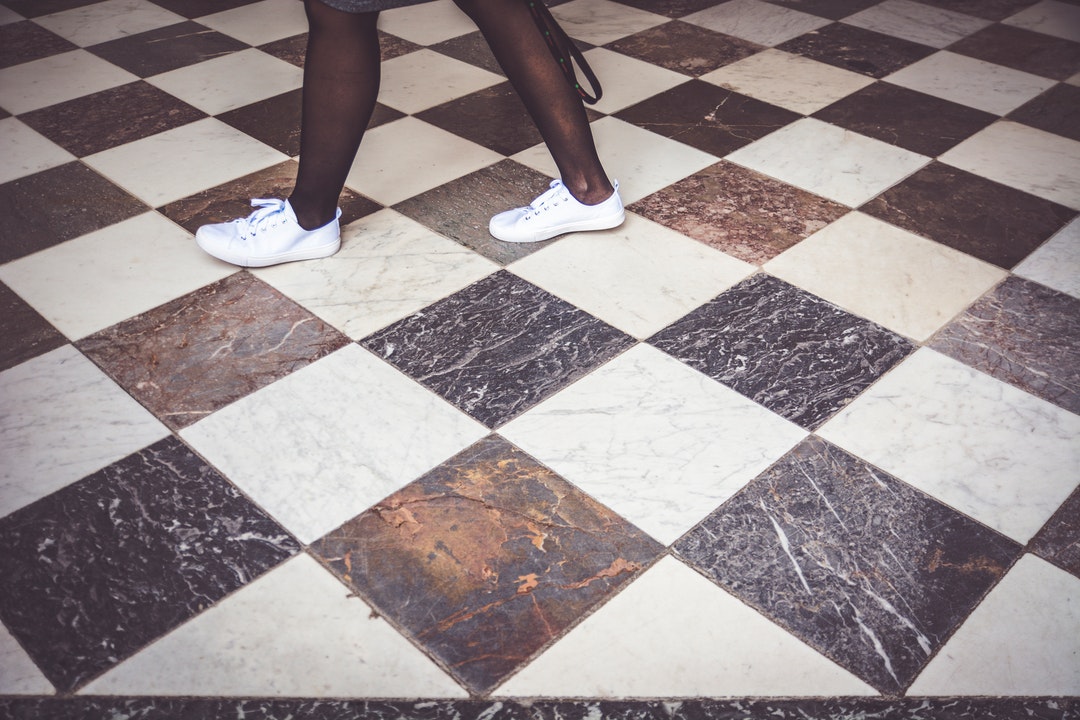The substance used for floor coating is a kind of latex acrylic substance. Epoxy is a type of thermosetting resin used as a coating. This substance is formed by mixing one part of the polyamine hardener to one part of epoxy resin. The former acts as the catalyst that gives epoxy its durability and strength.
One of the most reliable and resilient finishes you can apply to your garage floor is epoxy garage floor coating. Aside from protecting your floor, this type of surface can also transform an ugly or boring concrete into a functional and professional-looking space.
Unlike paint, the epoxy resin needs to cure instead of drying. When the epoxy is mixed with the polyamine, a chemical reaction ensues, creating an exothermic curing process. This process creates a cross-linked polymer structure, giving the epoxy superior durability and strength. The end product is a mixture that’s thicker than ordinary paint and something that tenaciously bonds when applied to the floor.
What are the advantages of an epoxy coating?
Aside from the beautiful and posh finish, the thick and hardened application that your surface gets from epoxy results in a coating that’s durable, strong, and resilient to surface abrasion, stains, chemicals, chipping, and impacts. With epoxy coating, you won’t have to worry about floor damage if a heavy object falls over.
Stain and Chemical-Resistant
Epoxy garage floor coating is well-received by consumers because it’s stain and chemical-resistant. You can easily wipe caustic chemicals, gasoline, anti-freeze, brake fluids, and oil dripping on your garage floor. Even if these liquids sit on your garage floor for a while, you can wipe them easily.
Epoxy coating hides surface imperfections.
The thicker epoxy coating also covers minor surface imperfections like spider cracks and concrete flaws. And since epoxy is a kind of a topical sealer, it can also be used as anti-dusting. Garage dust forms from the powder shed by the cement floor. Regular floor traffic can kick this dusty powder up, and they can collect in storage items, tool benches, and cars. Aside from that, this dusty powder can also be tracked into your house.
Resistant to moisture
Epoxy, being a topical kind of coating, is also resistant to moisture. This is great for people who live in cold and snowy countries. The floor coating makes cleaning of road salts and icy brines that collect on the ground easier. All you have to do is use water and mild soap. Debris and dust can also be gathered with the use of a soft broom or dust mop when your floor is dry.
Slip-Resistant
The type of topcoat and colored acrylic flakes applied to the floor will determine whether or not your floor can get slippery when wet. If you live in areas with drier climates, this won’t be an issue. However, if you live in colder places, an extra grip will go a long way in keeping your floor slip-resistant. In this case, you can add to your final coating a slip-resistant aggregate that will help you achieve a non-skid surface.













